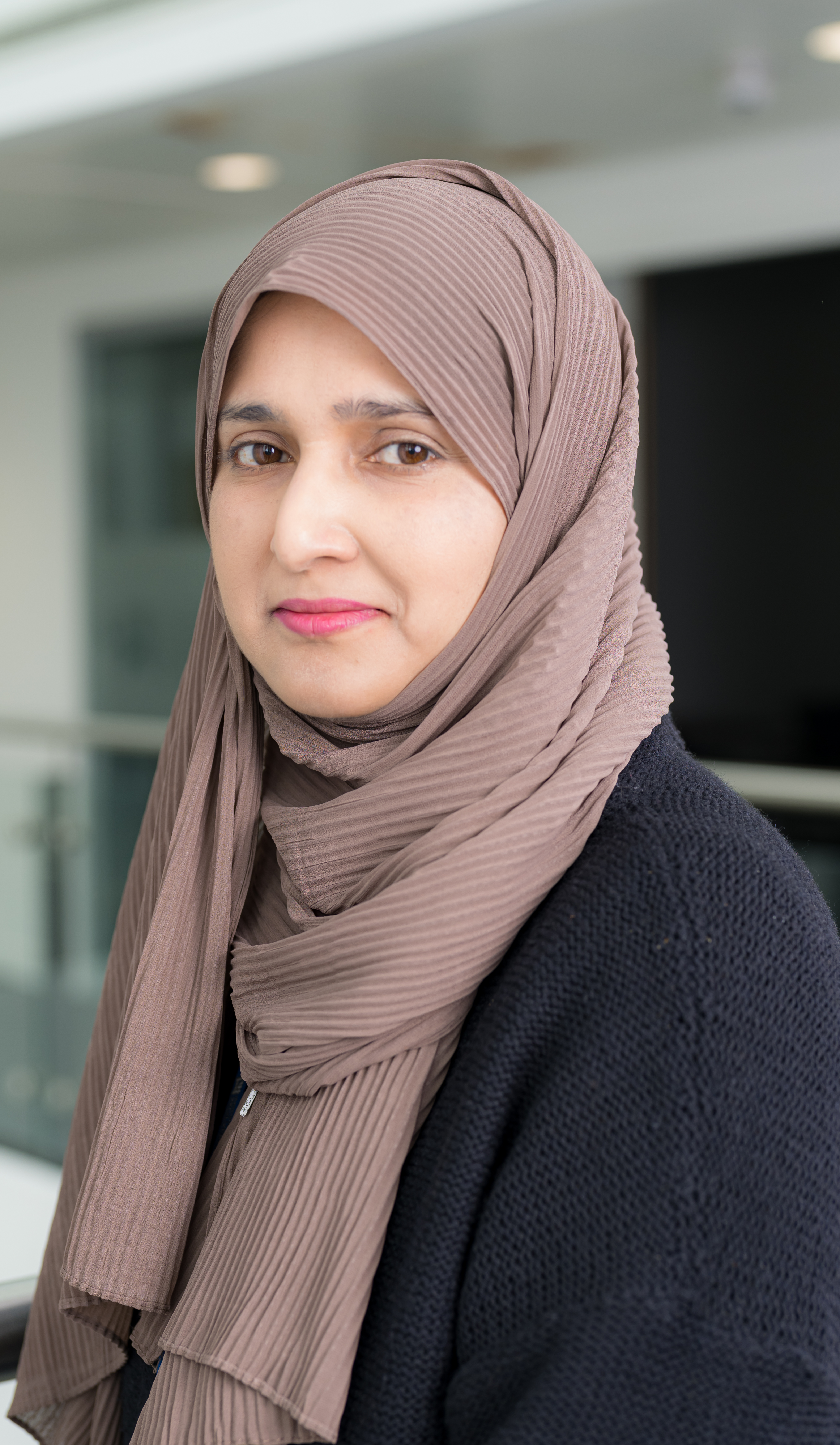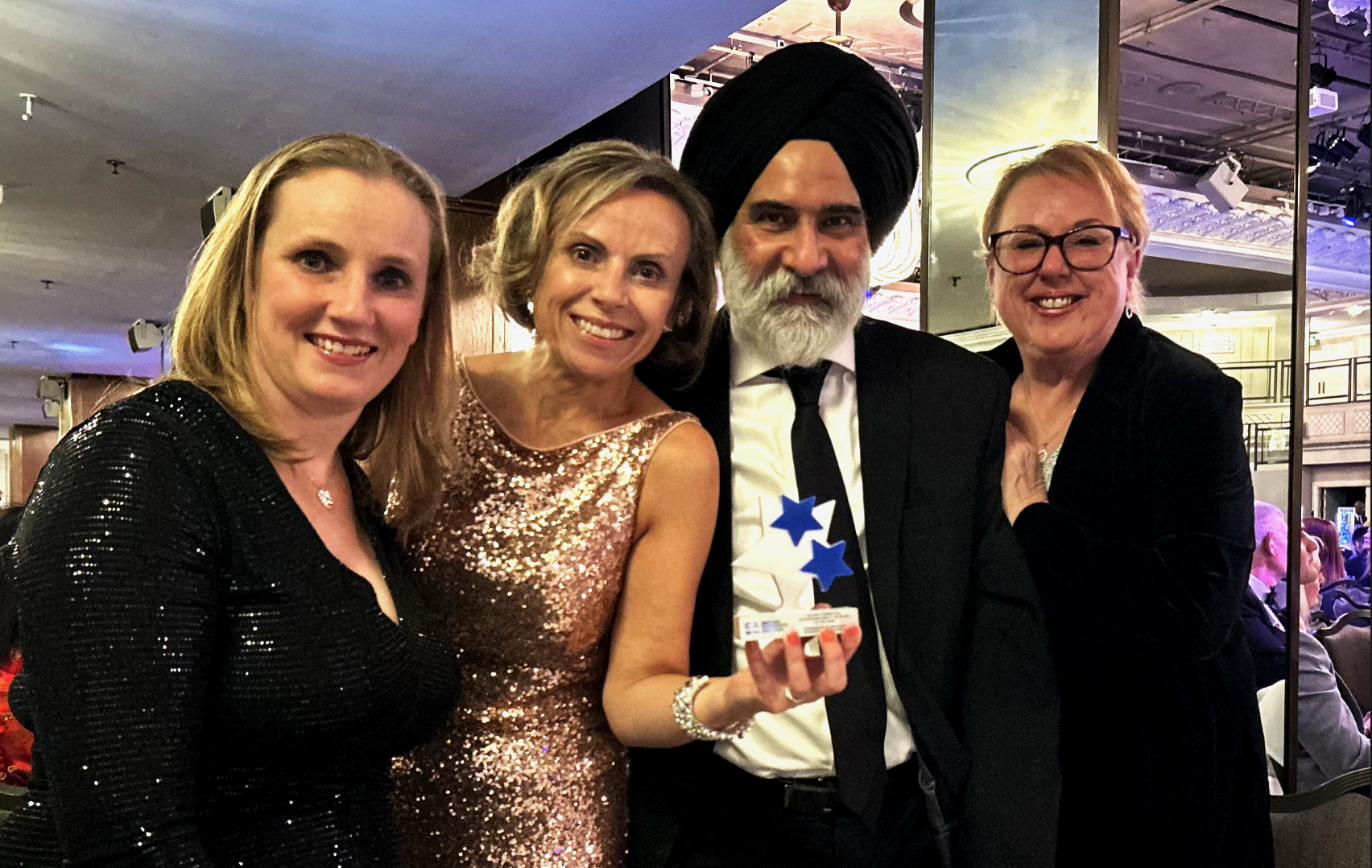
Pathways to Power: Enhancing Women in Business Leadership Across the Midlands

Dr Samia Mahmood, Senior Lecturer in the Finance, Accounting and Economics Department in the Faculty of Arts, Business & Social Sciences at the University of Wolverhampton, blogs about Pathways to Power on International Women's Day 2024.
In a recent episode of a WCR FM radio programme, coinciding with International Women's Day 2024, the spotlight was cast on the insightful findings of the "Women in Business Leadership in the Midlands" report.
The report unveiled the various obstacles women face in ascending to leadership positions throughout the East and West Midlands. Within the top 350 public and private companies in the Midlands, women hold a mere 15.8% of directorships and 7.8% of executive roles—a stark contrast to the broader UK landscape. Where there are no male-only boards in FTSE100 or FTSE250 companies, the Midlands holds 169 male-only boards, representing 48% of its top 350 companies' boards.
The discussion on the show included the existence of traditional, male-dominated sectors that perpetuate a masculine workplace culture and practices of exclusion, further reinforced by stereotypes about women's roles.
This environment contributes to a range of barriers, including the prevalence of imposter syndrome among women, negative views on flexible working arrangements due to caregiving duties or maternity leave, and an overarching societal bias that undermines women's suitability for leadership roles.
During the radio interview, the conversation focused on identifying effective strategies to elevate women into leadership positions.
The most significant challenge discussed was the need to overcome deep-rooted cultural and societal biases that unfairly view women as unsuitable for leadership roles. At the regional level, a possible approach involves celebrating female role models and sharing their success stories, which can greatly enhance women's confidence.
Additionally, organisations can take steps by promoting women into leadership roles, integrating gender considerations into strategic planning, and, where feasible, offering flexible working arrangements.
At the individual level, initiatives such as targeted funding, specialised training, and the support of networks led by and for businesswomen and entrepreneurs are crucial. These steps, no matter how small, will start breaking down barriers and fostering an environment where women can thrive in leadership roles.
Dr Samia Mahmood, led the ‘Women in Business Leadership in the Midlands’ project funded by the Midlands Engine. She is currently working on exploring gender issues in manufacturing and engineering in the West Midlands
For more information please contact the Corporate Communications Team.


/prod01/wlvacuk/media/departments/digital-content-and-communications/images-2024/Diane-Spencer-(Teaser-image).jpg)
/prod01/wlvacuk/media/departments/digital-content-and-communications/images-18-19/220325-Engineers_teach_thumbail.jpg)
/prod01/wlvacuk/media/departments/digital-content-and-communications/images-2024/240509-Menopause-Research-Resized.jpg)
/prod01/wlvacuk/media/departments/digital-content-and-communications/images/Maria-Serria-(teaser-image).jpg)
/prod01/wlvacuk/media/departments/digital-content-and-communications/images-2024/241014-Cyber4ME-Project-Resized.jpg)
/prod01/wlvacuk/media/departments/digital-content-and-communications/images-2024/240315-Research-Resized.jpg)
/prod01/wlvacuk/media/departments/digital-content-and-communications/images-2024/BDA-group-photo.jpg)

